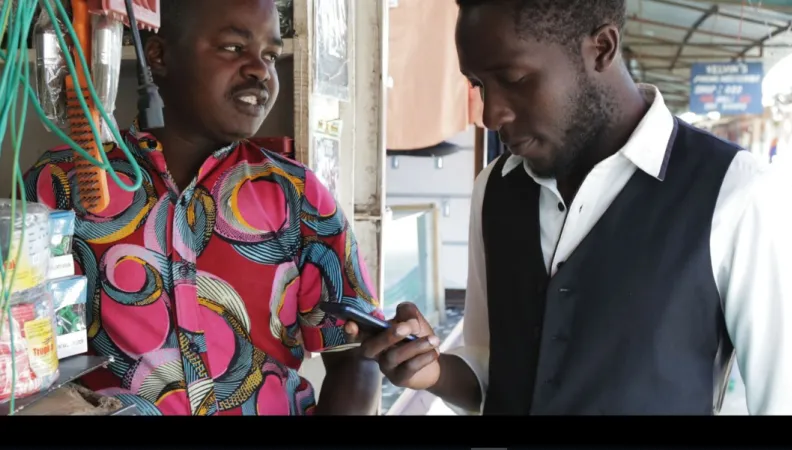Share the page
Covid’s Consequences for Global Remittances
Published on

The families of Africans working abroad need the money they send home now more than ever. The widening world pandemic has had grave consequences for the global economy, particularly in developing countries. Yet, subject to the same economic fallout from Covid-19, the African diaspora is now sending far less in remittances, as was revealed last month by an Ipsos/RMDA survey financed by AFD and the French Ministry for Europe and Foreign Affairs.
Since the first lockdown in France last spring, some members of the African diaspora have been called on to contribute even more, as the tightening economic straits have made things harder at home.
Far More than Development Aid
Remittances are essential sources of income for many African countries, accounting formally for as much as 5% of GDP in Tunisia, 6.7% in Morocco and 12.8% in Senegal. Such amounts outstrip by far official development assistance. None of which takes into account the substantial amounts sent back home informally.
Co-financed by AFD and the French Ministry of Europe and Foreign Affairs, the Ipsos institute and the research firm RMDA conducted a survey on diaspora remittances. Its findings give cause for concern: although diasporas have been increasingly called on to send money home, remittances dropped by nearly 25% last year. This despite the growth of digital tools that make it easier to send money home.
Trying to send money home – despite growing economic insecurity
In the first half of 2020, 80% of regular remitters did continue to send money home, according to a RMDA survey for the International Fund for Agricultural Development (IFAD) conducted during the first lockdown last March/April.
Seeing their resources shrink, those working abroad have dipped into their savings and reduced their consumption to meet the needs of their families back home. According to the Ipsos/RMDA survey, 77% of those working abroad believe recipients depend on their transfers to survive. The Covid-19 situation has exacerbated their economic fragility, as they are now caught between the drop in their own income and the demands of their family in their home country.
Of those who transferred money to their relatives in 2019, 40% reported that they intended to continue in 2020, and 31% hoped to increase the amount of their remittances. The question is whether these intentions will become reality, thanks in part to France’s the social safety net, or whether this optimism will be undermined by the extent of the health crisis and the second lockdown.
Aiming towards greater financial security
The restrictions related to the Covid-19 crisis have also led to growth in digital transfers: 30% of remitters say that, in 2020, they have made greater use of the Internet or mobile phones for their remittances, particularly younger members of the diaspora.
These new generations and various partner institutions now have a shared objective: work so that, gradually, remittances finance activity rather than consumption, and eliminate dependence little by little. This is the purpose of the DIASDEV project on diaspora remittances, savings and investments. The project is being prepared by AFD and will be carried out in partnership with public-sector financial institutions in France, Italy, and Africa in 2021.
DIASDEV’s advantages are threefold: it will provide better information to users on the remittance, savings and investment services available; support emerging private operators; and ensure that public financial institutions are involved.
